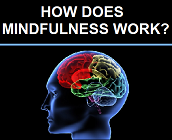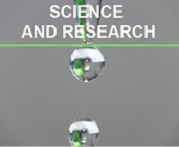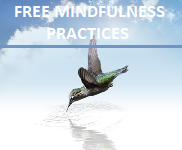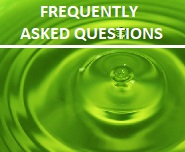what is mindfulness?

Mindfulness is being aware of your body, thoughts and emotions in the present moment.
Professor Mark Williams, Oxford University explains mindful awareness.
"Most of the time our attention is not where we intended it to be. It is hijacked by our thoughts and emotions, by our concerns, by our worries for the future, and our regrets and memories of the past. Mindful awareness is about learning to pay attention, in the present moment, and without judgement. It's like training a muscle - training attention to be where you want it to be. This reduces our tendency to work on autopilot, allowing us to us choose how we respond and react"
It has been around for millennia and is practised around the world. Recently it has received more widespread recognition and there are now hundreds of research studies into the uses of mindfulness. Professionals are using mindfulness in Boardrooms, Schools, Prisons, Court rooms and hospitals across the world.
It helps us to learn how to respond differently to difficult situations. Instead of reacting immediately thinking the worst; we learn to stop and come back to our direct experience now.
Benefits
- Management of chronic pain
- Reduced stress and the ability to cope better with stressful situations
- Improved memory and concentration
- Better emotional resilience
- Increased ability to relax
- Increased creativity
Meditation is probably unlike anything else you may do - this video helps to explain what meditation is.
Mindfulness begins when we start to become aware of our tendency to be on automatic pilot and the impact on our wellbeing a relationships.
These skills and benefits are achieved through meditations, gentle movement and habit-breaking techniques. The Mindfulness we teach is secular (non-religious, non-spiritual). As explained the video we don’t sit crossed legged (unless you want to…. and can!), we sit on chairs, lay down or stand up (whichever is most comfortable for you)...and we don’t chant.










